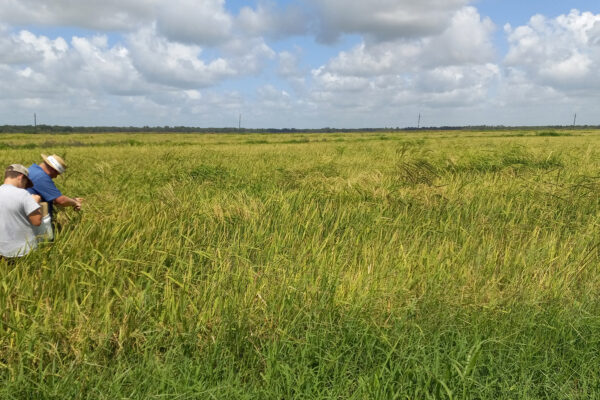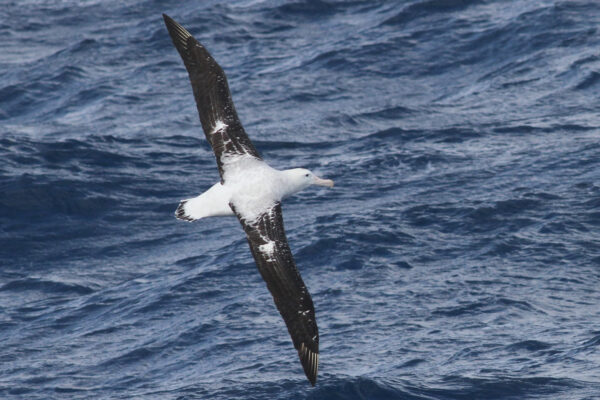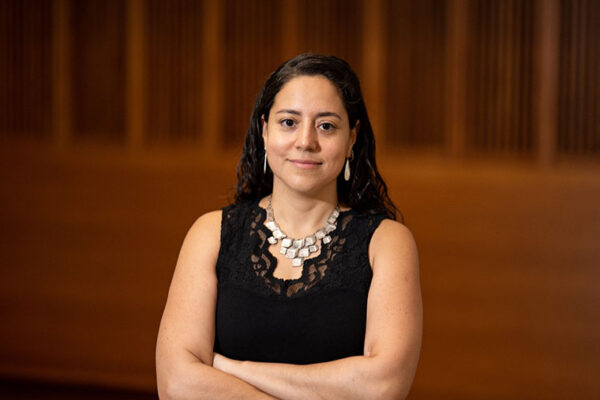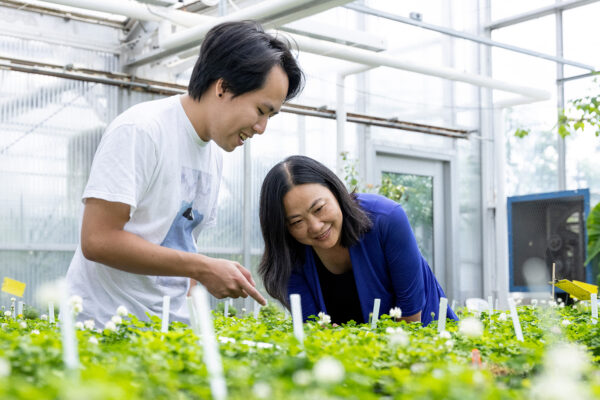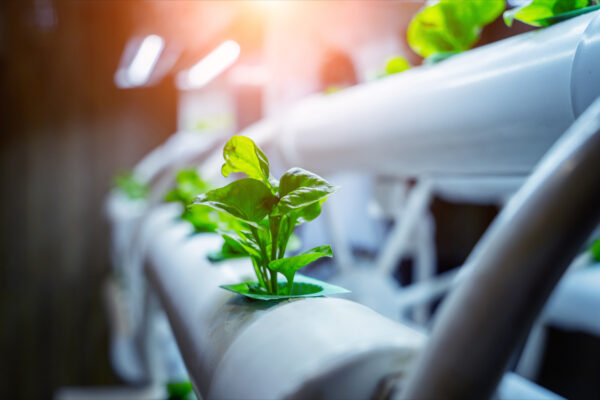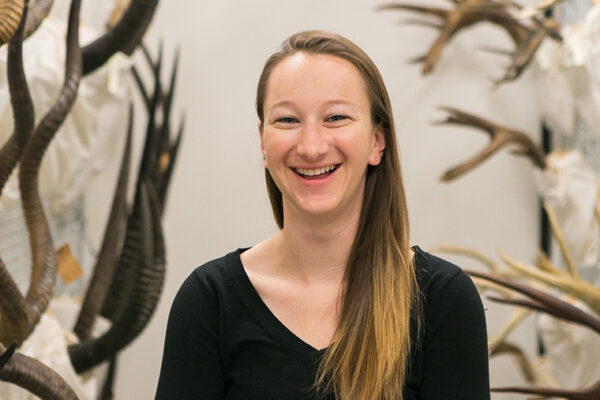Across southeastern US, weedy rice steals herbicide resistance from crop rice
Biologists in Arts & Sciences found that 57% of their samples of weedy rice collected in Missouri, Arkansas and Louisiana were resistant to herbicides.
Brain tumors hijack circadian clock to grow
Glioblastoma is an aggressive, incurable brain cancer that is the most common malignant brain tumor in adults. New research from Washington University in St. Louis shows that glioblastoma has an internal clock and syncs its daily rhythms to match — and take advantage of — the rhythms of its host.
Scientists collect ‘microbial fingerprints’ found in household plumbing
Environmental engineers at Washington University are working to document the microbial populations that live in household plumbing.
Island biodiversity rides on the wings of birds
Bird wing shape — a proxy for long-distance flying ability, or dispersal — is a trait that influences biodiversity patterns on islands around the world, according to research from WashU biologists.
Understanding the mechanics of regeneration
Duygu Özpolat, an assistant professor of biology in Arts & Sciences, co-authored a study in Nature Communications about the early steps of regeneration in the annelid worm Platynereis.
How plants evolved multiple ways to override genetic instructions
WashU biologists, led by Xuehua Zhong in Arts & Sciences, investigated the inner workings of DNA methylation in plants. Their findings could help engineer crops that are more resilient to environmental changes, like heat or drought stress.
How to grow food without light
In a new publication, researchers at the McKelvey School of Engineering make the case for electro-agriculture to help drastically cut carbon emissions.
Carlen wins Association for Women in Science award
Biologist Elizabeth Carlen, a postdoctoral fellow with the Living Earth Collaborative at WashU, received a 2024 Spark Award from the Association for Women in Science. The Spark Award highlights students or early-career leaders in STEM who are visible and vocal advocates for diversity and inclusive scientific practices.
Pappu named American Physical Society fellow
Rohit V. Pappu, a researcher at Washington University, has been selected as an American Physical Society fellow.
WashU scientist talks neurons on educational podcast
A top educational Spanish language podcast for kids recently featured Allison Martinez Mejia, a biomedical engineering PhD candidate at Washington University.
Older Stories
